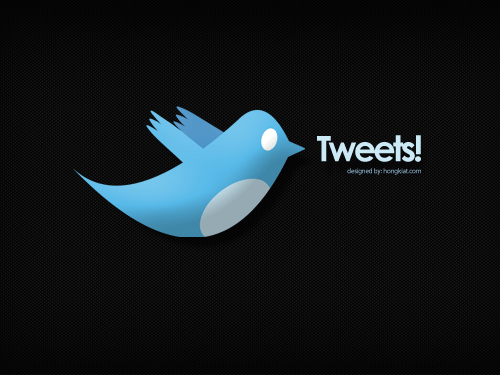Politics is full of lies. So is the internet. Vast amounts of htmls and digital texts carded or jumbled over millions of domain fields are browsed casually and with a purpose by billions of users. A liberal chaos for the people, by the people.
All compete for people’s attention. Mainstream, off-stream, underground, blogs and old media, they stand one click away one from the other. Content is produced, copied, repurposed, even heedlessly stolen to serve a variety of needs.
Vested interests know the environment very well. They are investing a lot of money too; web production and representation as well as soc-nets capabilities are revisited, culturally and aesthetically, and most importantly, in terms of user-friendly structures, forms and applications. Soc-nets are expanding exponentially. They are already important tools of the communication process.
Is this a restart towards the “Unfinished Revolution”, in Michael Dertouzos’ words? Can social media be the primary field for the exploration of the human-centric future of the digital media? In terms of interpersonal communication, it seems the place to be. Young people tend to wish on each other’s birthday more on Facebook, rather than in person or over the phone.
Nowadays, networking is the key for most of campaigns in politics, the corporate world and amongst peers. Messaging systems and persuasion undergo change as you read these lines. Twitter is one of them. And it is evolving quickly, reaching nearly 200 million users registered accounts, who post 110 million tweets per day in seven languages, most recently in Korean.
There are 30.2 million social media users in the Middle East, of which 5.5 million user of Twitter and 15 million users on Facebook. Saudi Arabia’s Twitter users increased by 240% in 2010, according to IQPC data. Guardian’s Peter Beaumont, correspondent in the Middle East wrote that the defining moment that unites Egypt with Tunisia, Bahrain and Libya is a young woman or a young man with a smartphone. In Egypt, details of demonstrations were circulated by both Facebook and Twitter and the activists’ 12-page guide to confronting the regime was distributed by email.
During the Japan crisis, Twitter was used by people to communicate with each other, notify relatives, as well signal danger. BBC news utilized soc-nets’ messages to supplement reporting and enhance the human aspect of stories.
In the Bin Laden execution, the first message out was that of a neighbor, who heard the choppers over Abbottabad suburbia. The act itself, a remote WH situation-room-style of elimination, has been digitally masterminded and executed by “faceless” SEa, Air, and Land commandoes. The online war-game culture was more than present in killing OBL.
Upon arrival, a tweet left a neighboring house. “Helicopter hovering above Abbottabad at 1AM (is a rare event),” it wrote.
Far away from covert ops, celebrities tweet on a regular basis, or at least their publicists do it for them. Politicians do the same, although in a more proper manner than they probably wished for.
Micro-blogging is gaining ground amongst web-enabled public figures. Tweets are increasingly replacing soundbites in the subjective recording of timeliness. Regular news stories incorporate more and more of that. Special stories are written on tweeted reactions of prominent people to events and sayings of others.
Obama 2008 campaign relied a lot on the internet imagery and textualization. Analysis has shown that Obama’s use of the Internet targeted 18 to 29 years olds, the age group most reliant on new media for political information about the election. These guys now are heavily tweeting wherever they go. In 2012, things will be more sophisticated, less televised, even less news-papered.
Twitterization of politics does not only suggest the surrender of campaigning or spinning to the social media platform, culturally, and in terms of agenda-setting; it implies also the reduction of political speech into less than 140 characters, that is the max users can include in a tweet.
The question is, do we need more than that? What makes sense out of the daily mainstream partisan gibberish is sometimes less and you wouldn’t even share it with your friends. Therefore, perhaps avoiding political jargon and circumstantial small talk can be a positive thing. Especially throughout the seasonality of agendas set by politicians and vested interests.
On the other hand, narrowing our perception to the 140 characters of tweets can be a blasphemy towards culture itself. “Netspeak” is already challenging traditional structures.
But on the other hand, lies in politics and the internet cannot be avoided. Perhaps they can become shorter. LOL!
Published in Newspaper NEW EUROPE’, Brussels, Issue: 935, posted online: May, 15 2011

